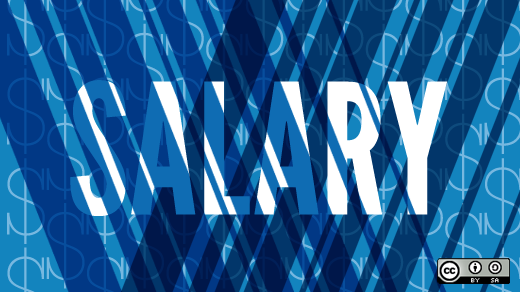On our last poll, you gave us some insight about whose salaries should be made public. This week, we turn the tables.
Have your thoughts changed?

Opensource.com
On our last poll, you gave us some insight about whose salaries should be made public. This week, we turn the tables.
Have your thoughts changed?
9 Comments